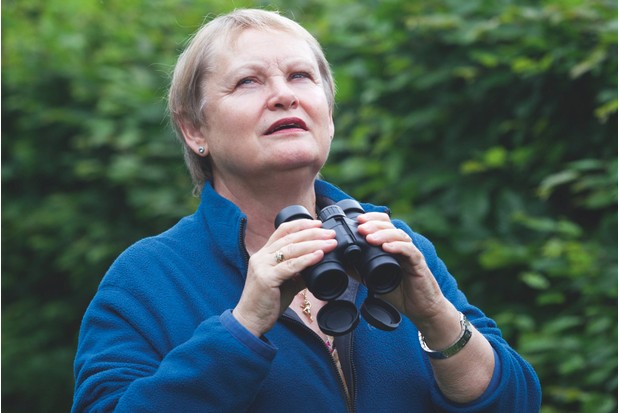The Criminal Investigation Division of the Indonesian National Police and the Wildlife Conservation Society’s Wildlife Crimes Unit (WCU) recently arrested a man known as a reptile skin (crocodile and snake) craftsman, and an intermediary who were offering tiger skin products to potential buyers.
The trader, operating in the capital Jakarta, had been selling items related to protected wildlife species to suppliers and buyers located in Java, Bali, and Sumatra.
WCU identified the suspects through online research and found them selling wallets made from tiger skins.
After the trader’s arrest a large number of protected wildlife items were also found, including four complete tiger skins, seven tiger feet, two tiger tails, one kg of tiger bone, and accessories made from tiger skin.
Other illegal wildlife items included a stuffed hawksbill sea turtle, stuffed crocodile head, a helmeted hornbill casque, a sea turtle carapace, seven crocodile skins, and two bear fangs.
The trader chose specific parts of complete tiger skins to create 10-15 wallets and confessed to having worked with 11 full tiger skins in the past 12 months. He shipped his forbidden cargo by hiding it in consignments of furniture.
Sumatran tiger poaching and trading is prohibited under Indonesian law, and those found guilty face sentences of up to five years in jail and fines of $10,000.
“This is a major arrest in that individuals causing great damage to the tiger population have now been taken out of the trade chain,” says Joe Walston, WCS Vice President of Field Conservation.
“WCS pledges its continued support to the Indonesian authorities in a relentless pursuit of the individuals and groups engaged in these illegal activities.”
Noviar Andayani, Country Director of the WCS-Indonesia programme says: “We see that law enforcement does not only reflect the Indonesian government’s strong commitment, but also demonstrates a strategic move to stop the tiger trade chain from South Sumatra.
“WCS has committed to sustainably supporting the government to protect key wildlife such as the Sumatran tiger through multi-layered efforts, from wildlife protection in its habitat to technical support in effective, fair and transparent law enforcement.”
